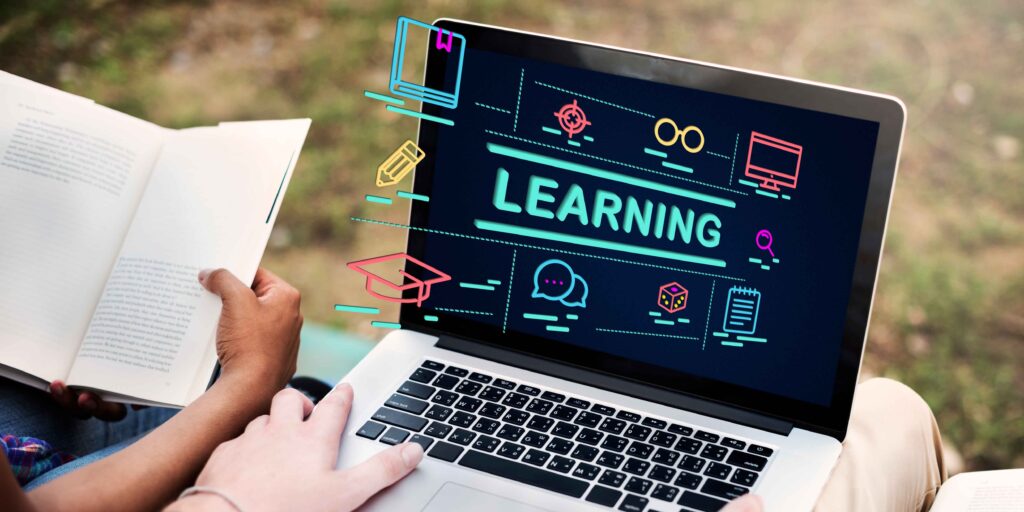Every child learns differently. Some grasp ideas through visuals, others through repetition or discussion. Yet, traditional classrooms are often built around a one-size-fits-all model — and that’s where personalised learning comes in. In today’s world, where education is rapidly evolving, personalised learning has become one of the most effective approaches to help students reach their full academic potential.
What Is Personalised Learning?
Personalised learning tailors the educational experience to fit each student’s unique strengths, weaknesses, interests, and pace. It’s not about lowering standards; it’s about creating pathways that help each student get there in the best way for them.
For instance, a student who struggles with math may need more visual aids and one-on-one explanations, while another who excels may need advanced challenges to stay engaged. In both cases, personalised learning ensures that instruction meets students where they are — not where the average student might be.
According to a 2023 report by the Education Endowment Foundation, students in personalised learning environments tend to make up to 5 months more academic progress per year compared to those in traditional settings.
1. It Builds Confidence and Motivation
When students receive support that matches their individual needs, they’re more likely to feel seen and understood. This confidence boost can completely change their attitude toward learning.
Imagine a student who has struggled in math for years suddenly beginning to understand fractions because their tutor introduced games and real-world examples. That moment of success can reignite motivation and curiosity. Over time, this sense of achievement builds a positive learning identity — one where students believe they can succeed.
2. It Improves Academic Performance
Personalised learning allows teachers and tutors to pinpoint exactly where a student is struggling and address those gaps directly. Instead of wasting time on topics the student has already mastered, the focus shifts to what they need most.
At eTutorials, for example, we design lesson plans that adapt to each learner’s progress. If a student quickly grasps algebraic concepts, their tutor can move on to more complex problems. Conversely, if they need more time on a topic, lessons can slow down until mastery is achieved.
This approach leads to deeper understanding, stronger retention, and higher academic performance.
3. It Encourages Independence and Critical Thinking
One of the greatest advantages of personalised learning is that it shifts some responsibility for learning onto the student. Instead of passively absorbing information, students learn to set goals, monitor their own progress, and take ownership of their education.
This fosters independence — a skill that extends beyond the classroom. Students who understand how they learn best are better equipped to handle new challenges in university, work, and life.
4. It Adapts to Every Learning Style
No two students are alike. Personalised learning recognises this by adapting to individual learning preferences — whether auditory, visual, kinesthetic, or reading/writing-based.
For example:
- Auditory learners thrive through discussion, repetition, and listening to explanations.
- Visual learners benefit from diagrams, mind maps, and videos.
- Kinesthetic learners prefer hands-on experiments or movement-based tasks.
- Reading/writing learners excel when allowed to take notes, summarise, or write reflections.
By aligning teaching methods with each learner’s style, comprehension becomes more natural and retention improves dramatically.
5. It Creates a Supportive Learning Environment
When lessons are customised, students feel more supported — not judged. They can ask questions freely without fear of embarrassment, and they receive constructive feedback tailored to their progress.
Tutors and teachers act more as mentors than lecturers, building relationships based on trust and understanding. This emotional safety net makes it easier for students to take academic risks, make mistakes, and learn from them — which is the true foundation of growth.
6. The Future of Education Is Personalised
As education evolves, it’s becoming increasingly clear that the traditional model cannot meet every learner’s needs. Personalised learning isn’t just a passing trend — it’s the future of education.
Schools, tutoring platforms, and parents around the world are recognising that success lies not in teaching everyone the same way, but in teaching everyone the way they learn best.
For parents, this means paying attention to how their children respond to different learning methods and seeking support that meets those needs. For educators, it means embracing flexibility and innovation in lesson design.
Final Thoughts
Personalised learning isn’t just about better grades — it’s about empowering students to understand themselves as learners, build confidence, and develop the tools they need for lifelong success.
At eTutorials, we believe every student deserves an education that’s as unique as they are. Whether your child needs help mastering tough topics or wants to get ahead, our personalised approach ensures they’ll learn in the way that works best for them.Book a free consultation today and discover how personalised learning can unlock your child’s potential.
